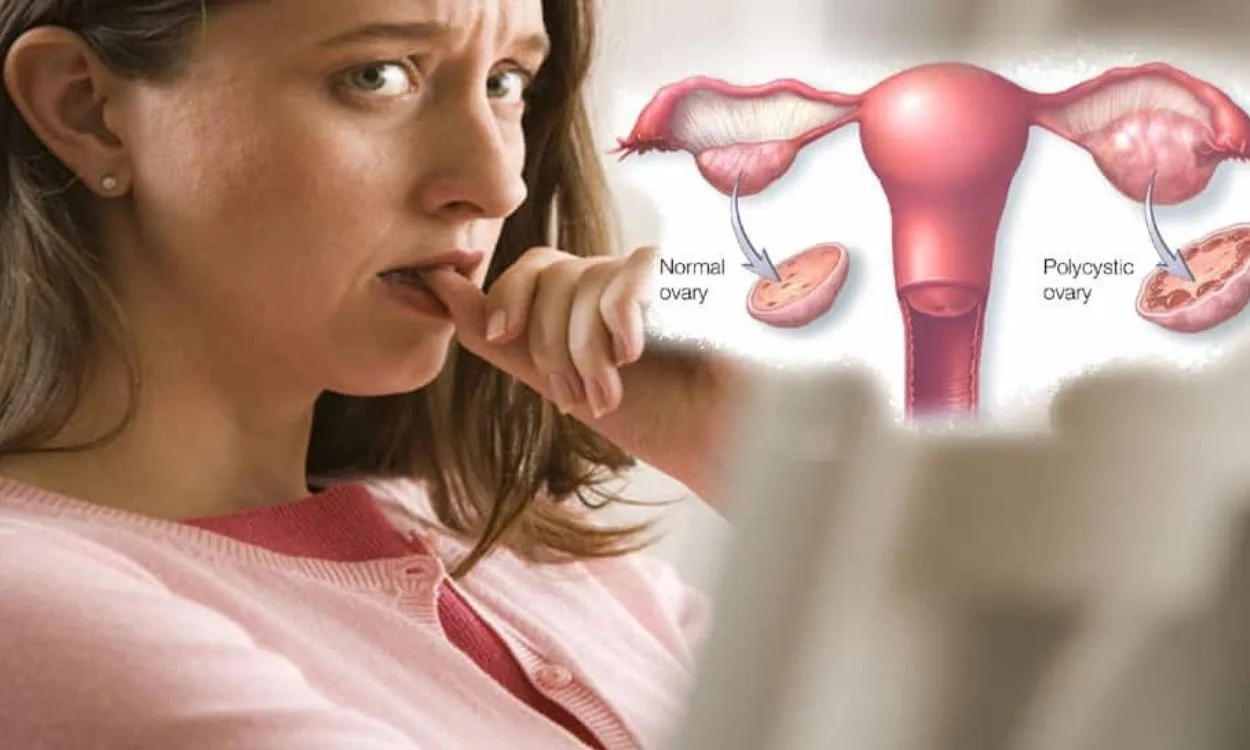Can PCOD lead to excessive hair growth?
Polycystic ovary syndrome (PCOS) is a hormonal disorder that affects women of reproductive age. One of the common symptoms of PCOS is excessive hair growth, known as hirsutism. This is caused by an imbalance of hormones in the body, particularly an increase in androgen levels.
Understanding PCOS and its effects
- PCOS occurs due to the overproduction of androgens, which are male hormones. This hormonal imbalance can lead to various symptoms, including irregular periods, infertility, weight gain, and excessive hair growth.
- Excessive hair growth in women with PCOS is mainly seen on the face, chin, chest, abdomen, and back. This occurs because the increased androgen levels stimulate the growth of coarse and dark hair in these areas.
- The excessive hair growth can be distressing and impact a woman’s self-esteem and confidence. It may require regular hair removal techniques such as shaving, waxing, or using depilatory creams.
The link between PCOS and excessive hair growth
- The excessive hair growth in PCOS is primarily due to the elevated levels of androgens, including testosterone. These androgens stimulate the hair follicles to produce thicker and darker hair.
- Increased insulin resistance is common in women with PCOS, leading to higher insulin levels in the body. Insulin resistance can further contribute to the production of androgens, exacerbating the excessive hair growth.
- The exact cause of PCOS is not fully understood, but factors such as genetics, insulin resistance, and hormonal imbalances play a significant role in its development.
Managing excessive hair growth in PCOS
- While excessive hair growth can be challenging to manage, there are several options available for women with PCOS:
- Hair removal techniques: Shaving, waxing, threading, or using depilatory creams can help temporarily remove the excess hair.
- Laser hair removal: This treatment can provide longer-term reduction in hair growth by targeting the hair follicles with laser energy.
- Medications: Certain medications, such as oral contraceptives or anti-androgen drugs, can help regulate the hormonal imbalances and reduce excessive hair growth.
- Topical creams: Some creams can slow down hair growth and make it less noticeable.
- It is important for women with PCOS to consult with a healthcare professional who specializes in hormonal disorders to determine the most suitable treatment plan for their specific situation.
Fitpaa and managing PCOS symptoms
- Fitpaa is an AI-driven health and fitness technology that can provide support and guidance in managing PCOS symptoms, including excessive hair growth.
- With Fitpaa, users can access personalized fitness and nutrition plans that are tailored to their specific needs, including PCOS management.
- Fitpaa’s comprehensive approach combines medical therapy, exercise therapy, nutrition therapy, and cognitive behavioral therapy to optimize metabolism and support overall health and well-being.
- The Fitpaa app provides tools such as a virtual workout trainer, diet tracker, performance tracking, and progress tracking, making it easier to follow the personalized fitness plan.
- Fitpaa also offers unlimited consultations with fitness planners, nutritionists, fitness trainers, and doctors to provide continuous support and guidance throughout the PCOS management journey.
Conclusion
Excessive hair growth is a common symptom of PCOS, caused by hormonal imbalances and increased androgen levels. Managing this symptom can be challenging, but with the right approach and support, it is possible to minimize its impact. Fitpaa offers a comprehensive solution for PCOS management, providing personalized fitness and nutrition plans, guidance, and support to help individuals achieve their health and fitness goals. Download the Fitpaa app today to embark on your journey towards holistic well-being and PCOS management.









